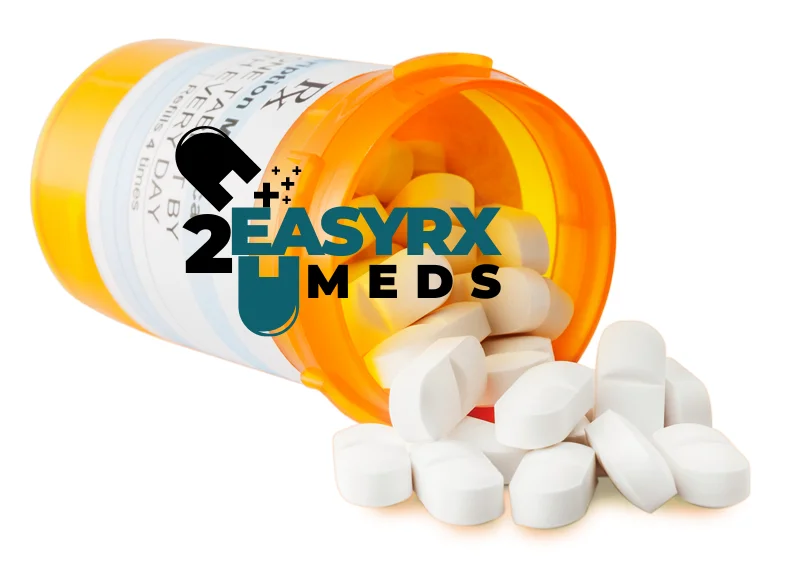There is no item in your cart
Introduction of Methylin:
Methylin dosage is a brand name for the medication , which is commonly used to treat attention deficit hyperactivity disorder (ADHD) and narcolepsy.It is a central nervous system (CNS) stimulant that helps increase attention, focus, and control over impulsive behaviors by affecting certain chemicals in the brain, particularly dopamine and norepinephrine.
Key Information:
- Forms: Methylin dosage is available in various forms, including oral tablets, chewable tablets, and oral solution. It comes in both immediate-release and extended-release formulations.
- Mechanism of Action: Methylin dosage works by blocking the reuptake of dopamine and norepinephrine, increasing the levels of these neurotransmitters in the brain. This heightened activity improves focus and reduces hyperactivity and impulsiveness, particularly in individuals with ADHD.
- Uses:
- ADHD: Methylin dosage is prescribed to improve attention span, reduce impulsive behaviors, and manage symptoms of hyperactivity in both children and adults.
- Narcolepsy: For individuals with narcolepsy, Methylin can help improve wakefulness and reduce excessive daytime sleepiness.
- Side Effects: Common side effects of it may include:
- Nervousness
- Trouble sleeping (insomnia)
- Loss of appetite
- Headaches
- Stomach pain
Severe side effects, although rare, can include increased heart rate, elevated blood pressure, and mood changes.
- Precautions: It should be used under strict medical supervision due to its potential for abuse and dependence, especially in individuals with a history of substance abuse. Regular monitoring of heart rate, blood pressure, and mental health is important.
It is one of several stimulant medications used to manage ADHD and should be part of a comprehensive treatment plan that may include therapy and behavioral interventions.
Side Effects :
- Nervousness and Anxiety: Feeling jittery or anxious is a common side effect, particularly when starting the medication or increasing the dose.
- Insomnia: Difficulty sleeping is a frequent side effect, especially if the medication is taken later in the day due to its stimulant effects.
- Appetite Loss: Methylin often causes a reduction in appetite, which may lead to weight loss, particularly in children. It’s important to monitor weight and nutritional intake.
- Headaches: Some individuals experience headaches when taking Methylin, especially in the early stages of treatment.
- Stomach Pain: Digestive issues like stomach pain, nausea, or upset stomach are also common, particularly after taking the medication on an empty stomach.
- Dry Mouth: A reduction in saliva can lead to dry mouth, which may be alleviated by drinking water frequently.
- Dizziness: Some people may feel lightheaded or dizzy, particularly when adjusting to the medication.
- Irritability: Mood swings, irritability, and emotional changes can occur, especially as the medication wears off.
Less Common but Serious Side Effects
- Increased Heart Rate and Blood Pressure: It can cause an elevation in heart rate and blood pressure. Regular monitoring is necessary, especially in individuals with cardiovascular conditions.
- Mental Health Changes: Rare but more serious effects include hallucinations, paranoia, or manic symptoms, particularly in individuals with pre-existing mental health conditions.
- Growth Suppression: In children, long-term use may slow growth in height and weight, which requires careful monitoring.
- Tics or Uncontrolled Movements: Some people may develop tics or other involuntary movements, though this is relatively rare.
- Dependence and Abuse: As a stimulant, it has the potential for abuse and dependence, particularly if misused.
- Vision Problems: Blurred vision or difficulty focusing is an uncommon but possible side effect.
When to Seek Medical Attention
Seek immediate medical attention if you experience:
- Chest pain
- Shortness of breath
- Seizures
- Sudden mood changes, aggression, or suicidal thoughts
- Fainting
Regular communication with your healthcare provider is essential to manage side effects and ensure the medication is working safely and effectively.



Reviews
There are no reviews yet.